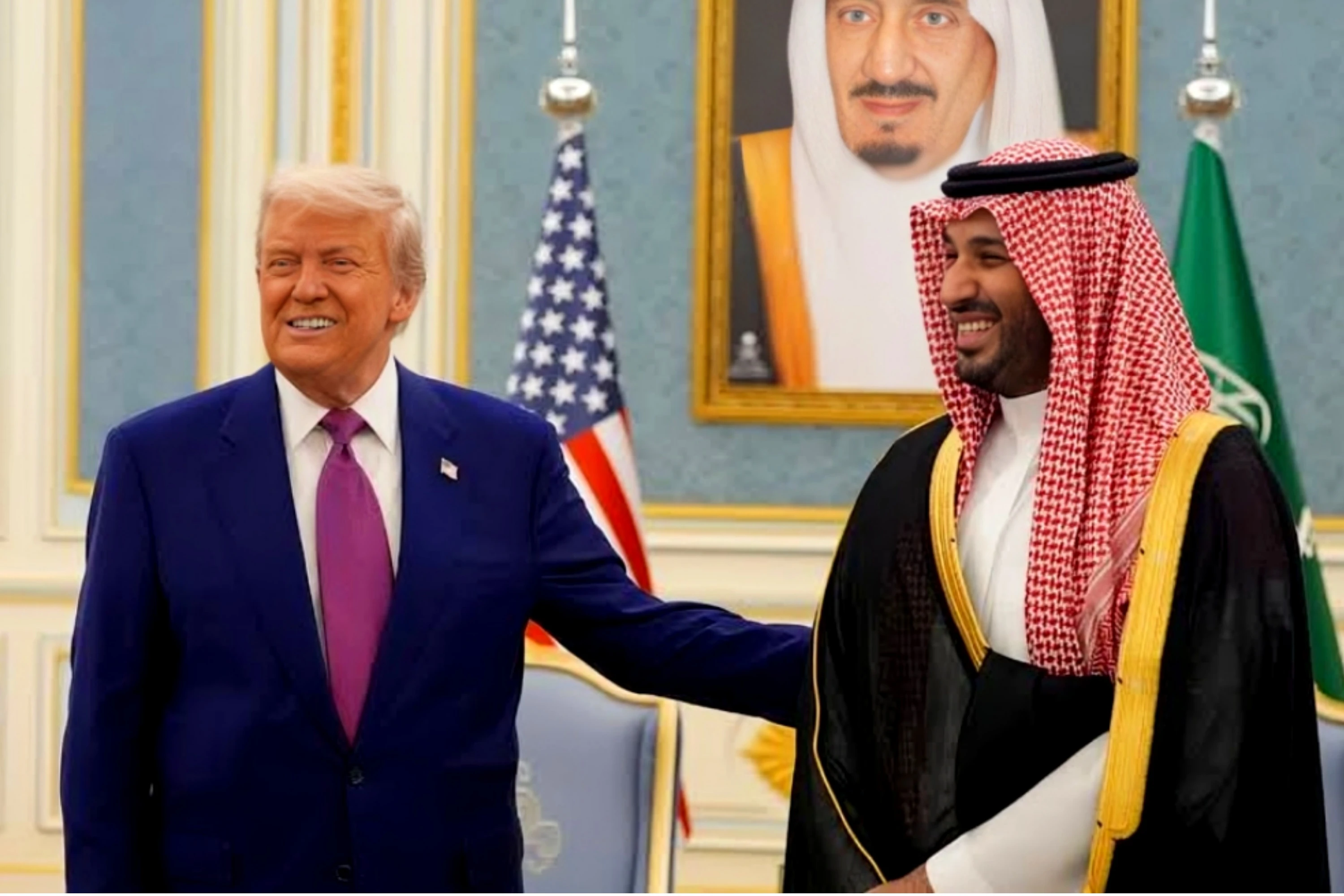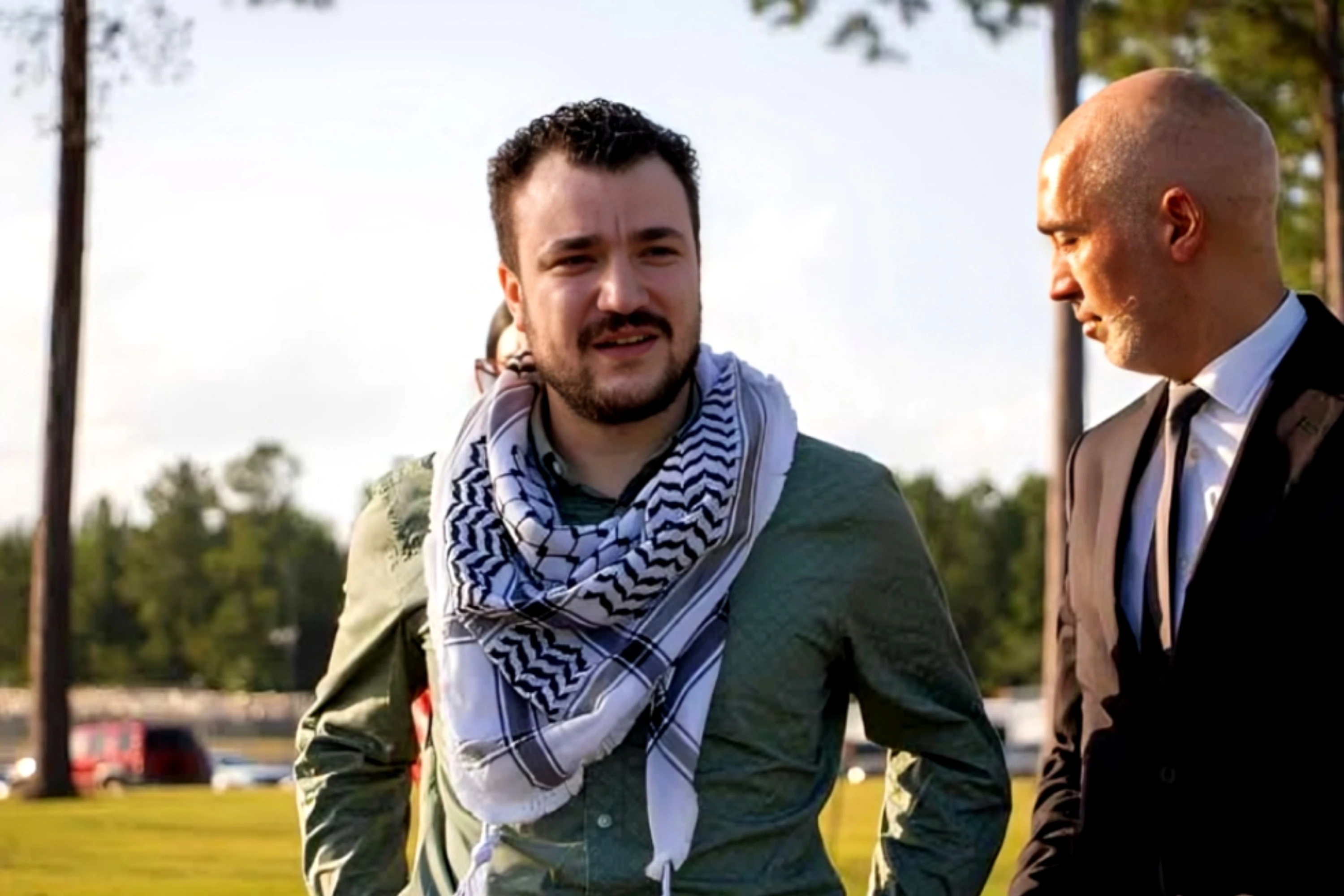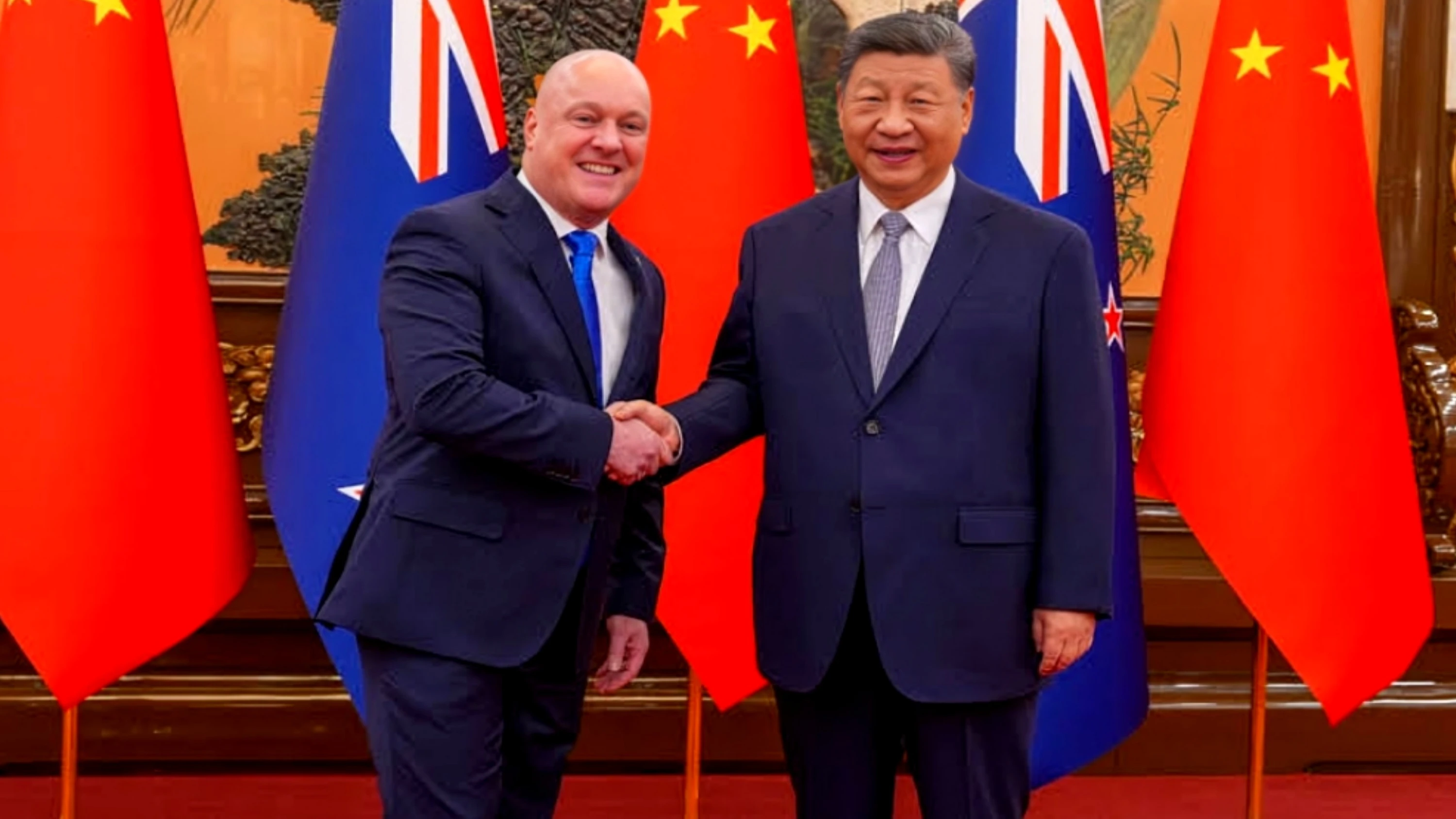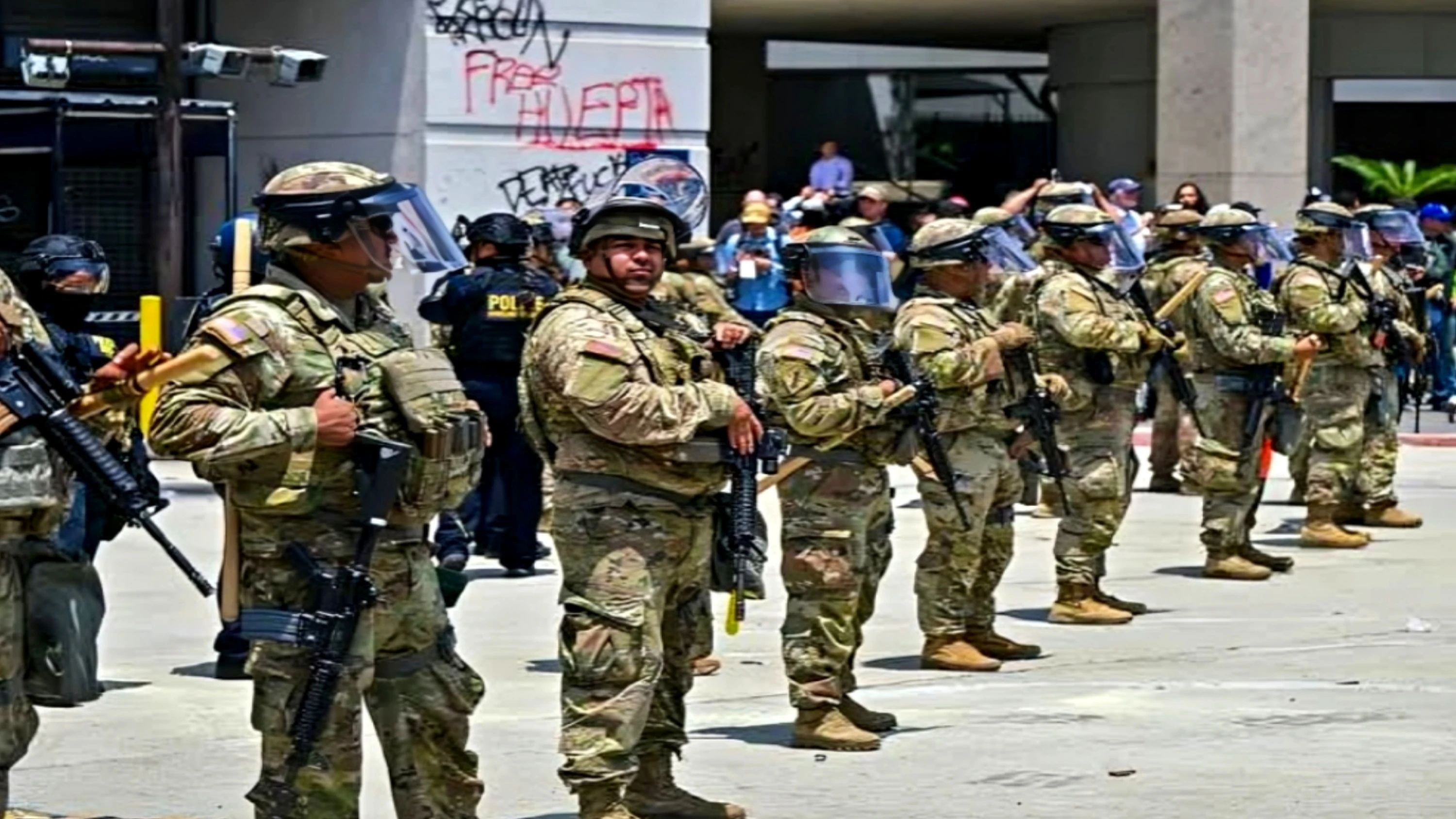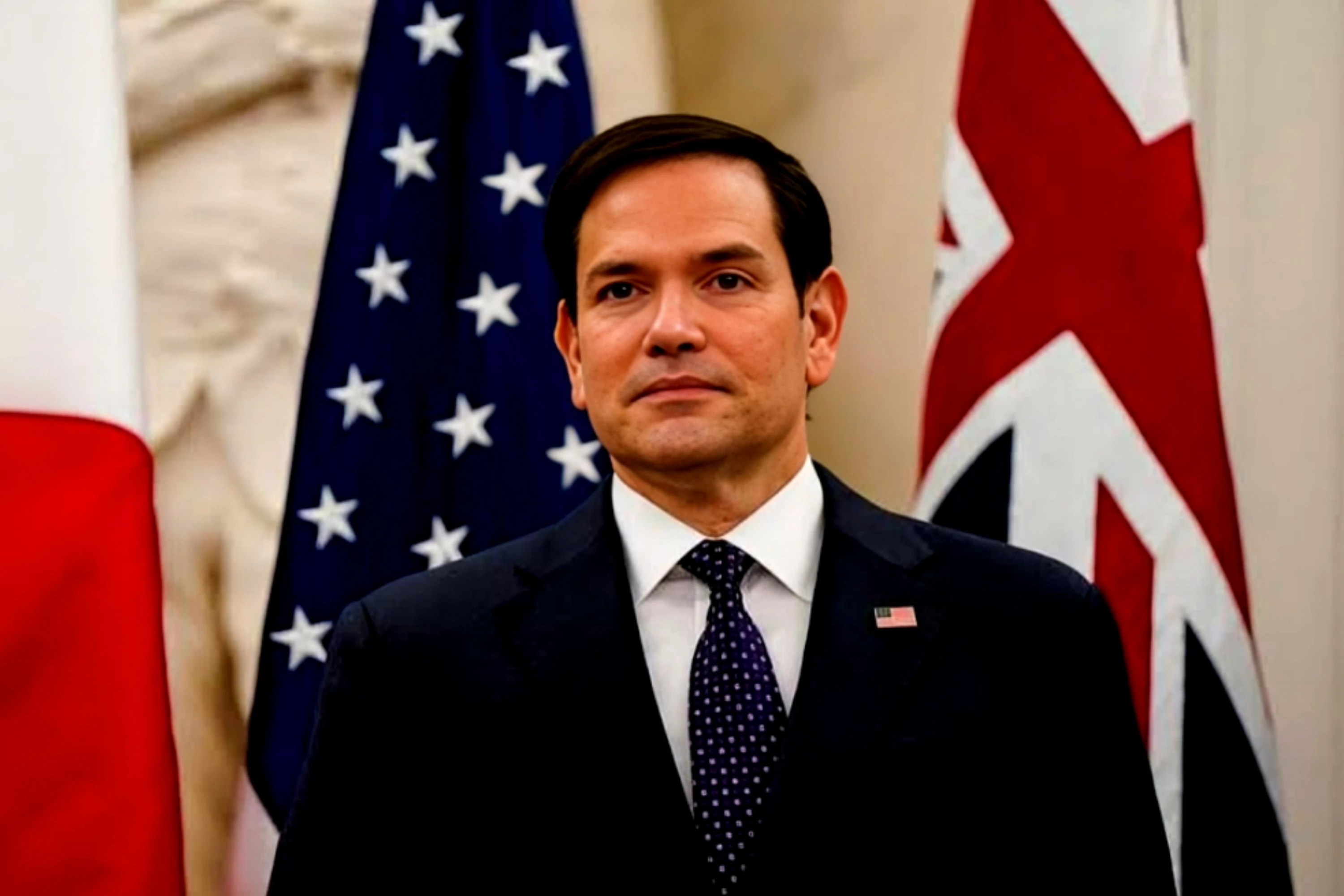Riyadh: In a grand display of diplomatic pageantry, Saudi Arabia pledged massive investments and defense agreements with the United States as President Donald Trump arrived for his first state visit of his second term. The visit underscored the continued strategic alignment between Washington and Riyadh, marked by billions in economic and military deals.
Trump, who was received with elaborate ceremonial honors including a fighter jet escort and a cavalry procession, praised Crown Prince Mohammed bin Salman for committing to a $600 billion investment package. Standing beneath opulent chandeliers at the royal palace, Trump jokingly suggested the total should be $1 trillion, touting the potential creation of up to two million American jobs.
Highlighting the significance of the deals, the White House announced a record-setting $142 billion arms agreement, as well as a $20 billion investment from Saudi firm DataVolt in U.S. artificial intelligence infrastructure. Additionally, American tech giants like Google are set to increase their involvement in both countries.
The visit also marked a policy shift, with Trump announcing the easing of U.S. sanctions on Syria—a move aligned with Saudi and Turkish appeals but contrary to Israeli concerns. Syria has been under Islamist rule since the fall of Bashar al-Assad in December.
Trump’s itinerary includes stops in Qatar and the United Arab Emirates, maintaining his preference for visiting Gulf monarchies over traditional Western allies. This echoes his first-term strategy, favoring leaders who offer him warm receptions and business opportunities over those who challenge his approach.
In contrast to former President Joe Biden’s strained relations with Saudi Arabia, Trump heaped praise on the kingdom’s transformation under the crown prince, noting progress in women's rights and economic diversification.
Addressing a key geopolitical issue, Trump reiterated his aspiration for Saudi Arabia to normalize relations with Israel. However, Riyadh remains firm on its condition that a Palestinian state must first be established.
Meanwhile, tensions in Gaza remain high. Israeli Prime Minister Benjamin Netanyahu vowed to resume full-scale military operations against Hamas. In a notable diplomatic development, the U.S. negotiated directly with Hamas to secure the release of American hostage Edan Alexander, who spoke with Trump by phone.
Trump will head next to Qatar, which has reportedly offered him a luxury Boeing aircraft to convert into a new version of Air Force One—a move his political opponents have criticized as unethical, though Trump insists the arrangement is transparent.


